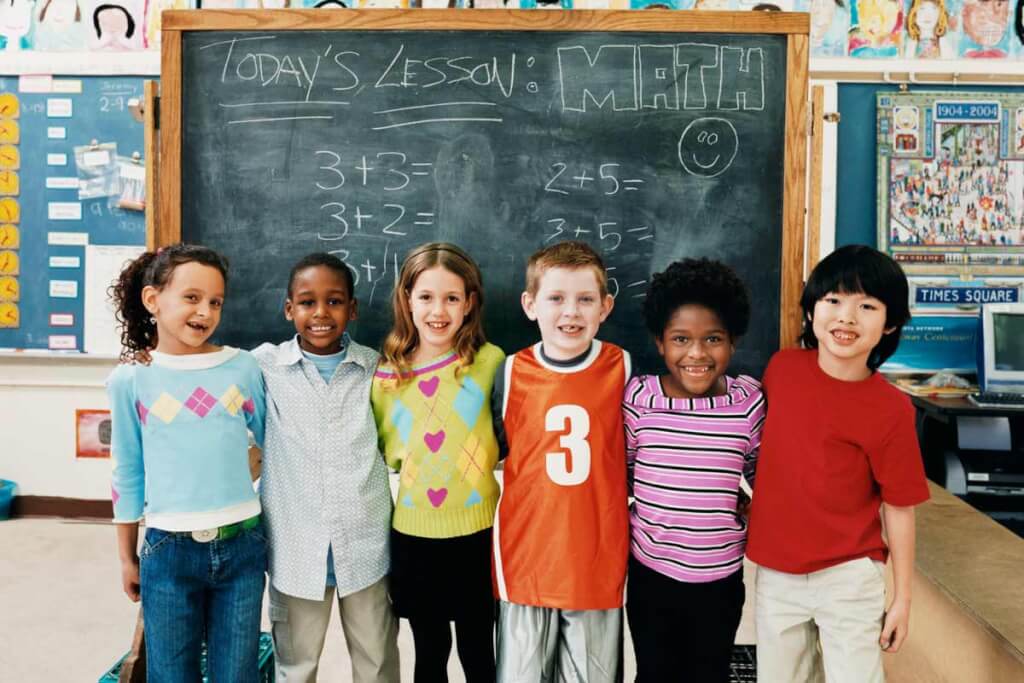
Learn Everything About the IB Board!

These days I hear a lot of people saying how their children are teaching them to use the internet or apps. Don’t you hear from some parents that their pre-schooler knows how to operate YouTube and put on Peppa the Pig? Kids are becoming smarter and evolution is going to do what it has to! Thus, the kids need to get nurtured in an environment that encourages their intelligence and helps them find their place in this overly competitive world. More the development more is the competition. So, the growing competition has led to more choices, and I understand that you are confused about which board to choose for your child. There’s one everybody is talking about – the IB Board. The famous one with a lot of bling.
Let’s get to the nitty-gritty of this education programme:
What is IB?
The IB program was launched in the year 1968 with a mission to develop an all-inclusive program that promotes intercultural bonding and encourages lifelong learning among the students.
According to ibo.org the mission statement of this program emphasizes on developing knowledgeable and critical thinkers to create a better and peaceful world through intercultural understanding and respect. There are 175 IB schools in India offering this curriculum along with the other educational boards.
What are the different programmes of IB?
According to ibo.org, the following are the programmes that come under the IB board divided according to the age along with their salient features:
Primary Years Programme (PYP):
This program is designed for children from ages 3 to 12. This program focuses on laying a strong foundation for learning and a journey towards developing the emotional quotient along with the intelligence quotient. One of the distinct features of this programme is the six transdisciplinary themes that help students to think out of the box and grow emotionally as well as intellectually.
Middle Age Programme (MYP):
This program is designed for children from age of 11 to 16. This program focuses on preparing the students to understand the world better and the competition around and how to overcome real-life challenges. The significance of this five-year programme is that students after completing MYP are eligible and prepared to take the IB Diploma Program.
Diploma Programme (DP):
This program is designed for children from the age of 16 to 19. The curriculum is substantial and inclusive of information that allows students to increase their knowledge and have an edge over students of other educational programmes. The significance of this programme is its syllabus which consists of core elements along with six subject groups for students to choose from, thus, allowing the students to grow holistically.
Career Related Programme (CP):
This program is designed for children from the age of 16 to 19. It is a career-related learning which helps students to become critical thinkers, confident, skilled and empathetic individuals. This type of learning allows children to understand the world practically and avoid confusion and misdirection in choosing a professional stream.
A sneak-peek into the IB Curriculum.
- The curriculum of IB differs according to which programme is selected as mentioned above. Please find below the salient features of these programmes:
- The PYP curriculum is elaborate and extensively organized in three parts – written curriculum, the taught curriculum, and the assessed curriculum. To know more about PYP curriculum, click here.
- MYP Curriculum is stretched to over six to eight subject groups for students to study. This programme includes completion of a long-term project along with fixed hours of teaching for each subject. To know more about the MYP curriculum in detail, click here.
- The DP curriculum consists of core subjects along with six subject groups. The core elements of the curriculum includes theory of knowledge, extended essay and a project related to creativity, any activity or service.
- To pursue this programme, students have to complete two IB Diploma courses from the preferred subjects group. The core curriculum includes language development, service learning, and development of personal and professional skills and attributes.
What differentiates IB from IGCSE and the other educational boards?
- The curriculum of IB is way different from that of the IGCSE or the other government or private boards as it focuses more on the practical teaching-learning approach and developing critical thinking in the students.
- This curriculum is global and exposes students to other cultures and languages, thus developing affinity and a sense of unity among themselves.
- The IB board syllabus focuses on making the students ready to face the professional world and the challenges it brings in, thus giving them a clear picture and helping them choose the stream they are skilled in.
- IB programme has no theoretical mugging which is mostly found in the CBSE and the state boards.
What are the benefits of the IB board?
- IB students have to complete a project included in the curriculum of every programme which certainly helps them understand their subject of research properly and improve their research, analyzing and time management skills.
- Due to in-depth literature curricula and global influence, students can learn more languages during their schooling period.
- One of the major IB program benefits includes the development of emotional quotient (EQ) along with academic progress.
What are the disadvantages of IB?
- The curriculum is vast, lengthy and can get stressful.
- There are only fewer school in India that offer IB programmes as compared to the other boards. Thus, this creates a problem of inaccessibility and also non-uniformity of education.
- Not all universities accept this certification.
- School fees are expensive due to less availability of IB schools due to the quality of infrastructure and the qualified staff the school provides.
This sums up the article from the objectives of this curriculum to the IB program pros and cons. Everything you need to need to know before you make a decision. This education program’s provides excellent knowledge and skills to make the students ready to face any challenge and promotes holistic development. But on the other hand, the IB board is not accessible compared to the other boards and also heavy on the monetary side. It is important to consider all the pros and cons of the curriculum that best suits your child’s personality and intellect and then start your school search. But there’s always one thing to remember, Zedua is always there for you from choosing the right board to the perfect school for your kid.
To know similarly detailed information
- About the ICSE board, click here.
- For CBSE Board, click here.
- Click here to know all about the IGCSE Program.
Visit www.zedua.com for more details or just to explore who we are. Also, if you have any scholastic query from school admission updates to the fee structure of any school, etc., just drop in your question at [email protected] and team Zedua will be more than happy to help you!
Happy Learning!
Read Also:
Differences Between CBSE, ICSE, IB, IGCSE & State Board
Difference Between IGCSE Board and IB Board
Recomended Blogs
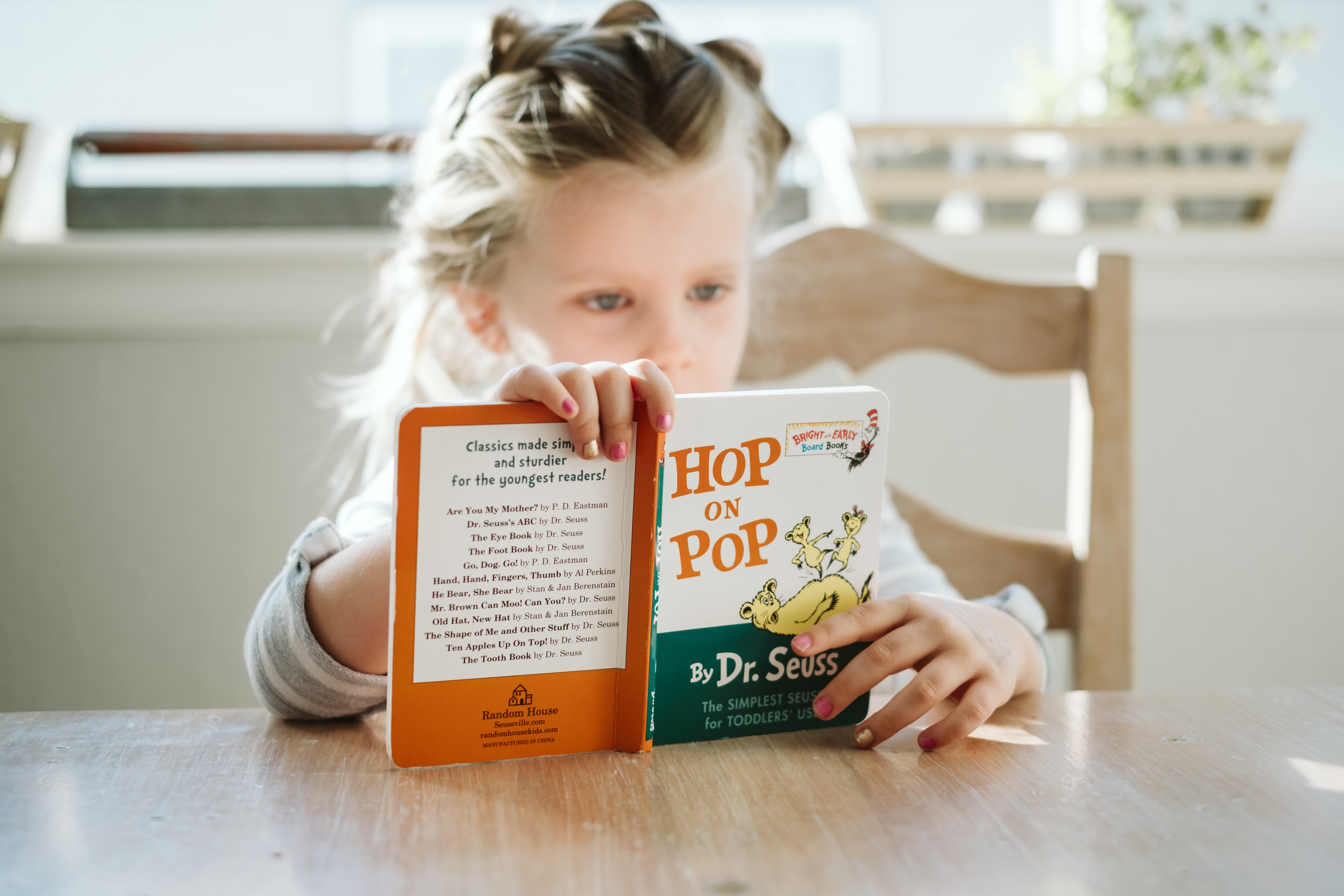
It indeed is not easy to learn something new! Getting out of your comfort zone and learning something
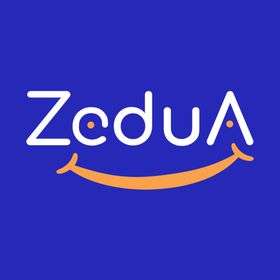
Zedua
1 year ago
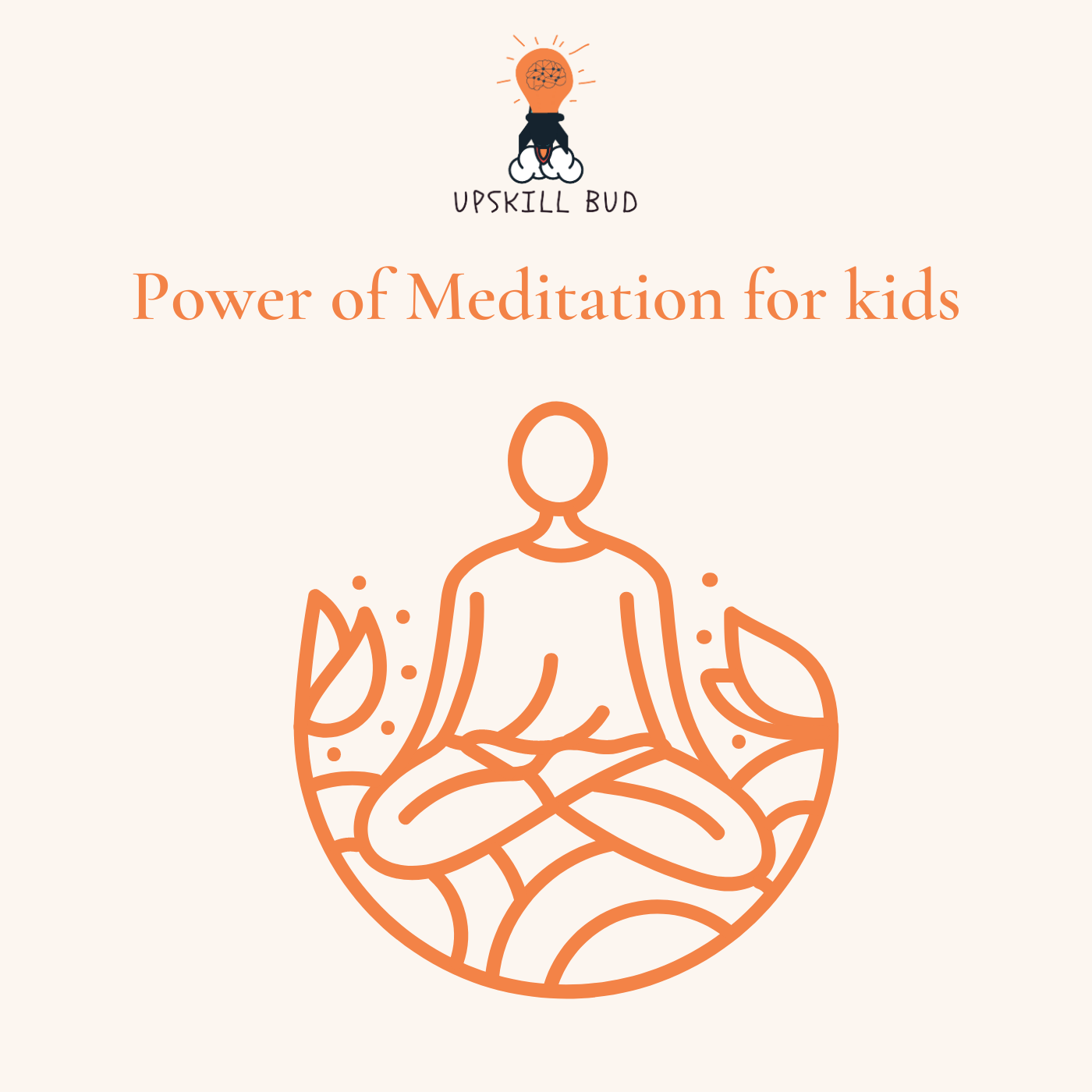
Many successful people have attributed their success to the practice of Meditation. How great i

Zedua
2 years ago
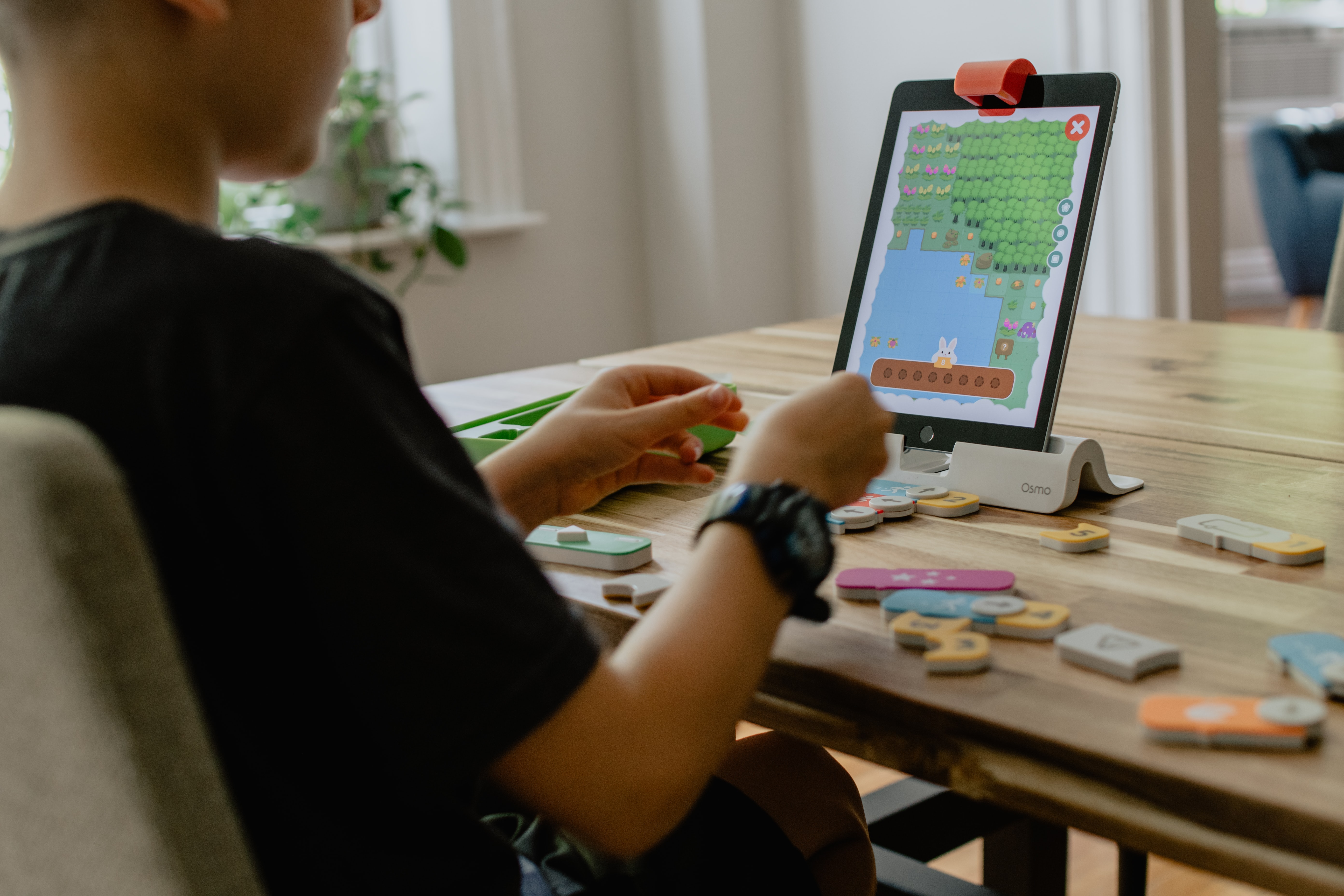
Hybrid classes is the trend in the air or was it already there in an implicit form? Questions are ofte
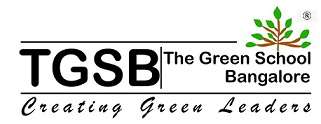
The Green School Bangalore
2 years ago
